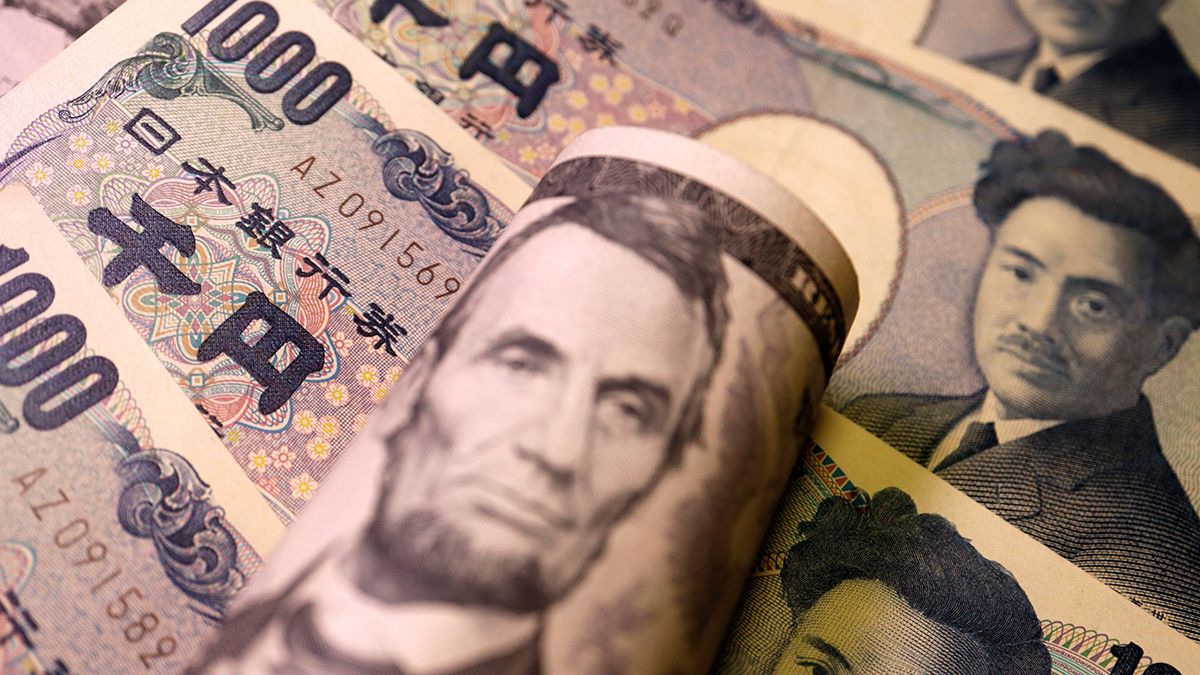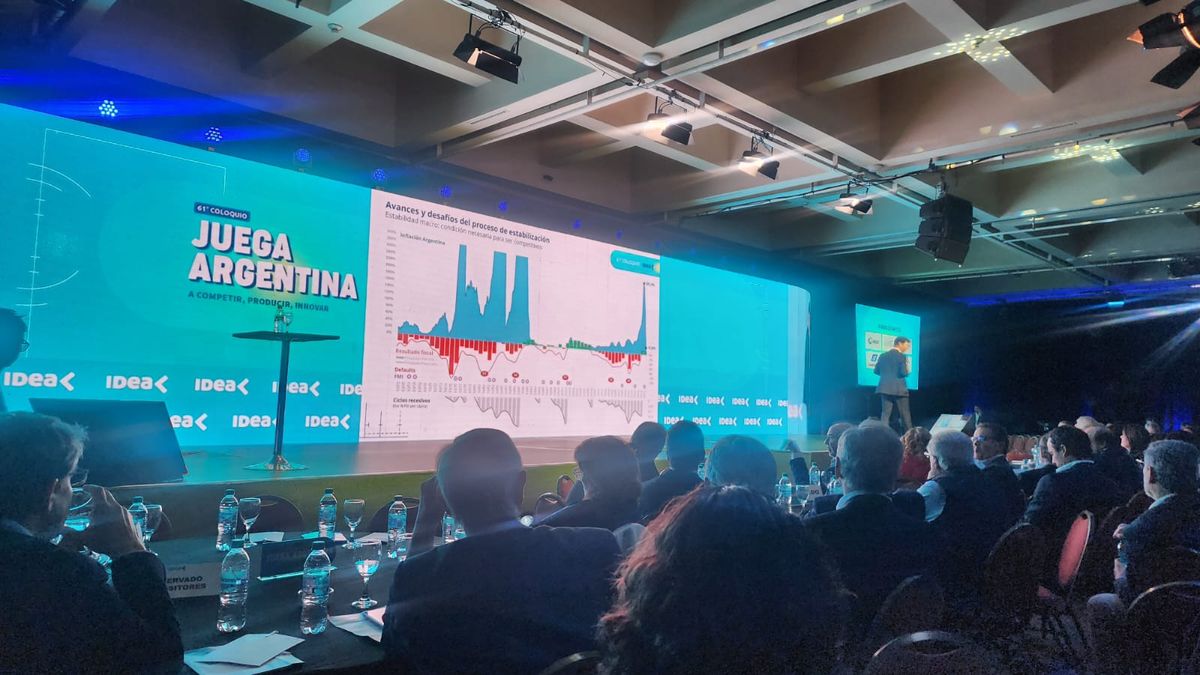Instead, the answer probably lies in a new and sharp liquidation of positions in carry trades, where investors have borrowed money from economies with low interest rates, such as Japan either Swissto finance investments in higher-yielding assets elsewhere.
“In our view, much of this is due to capitulation of positions, as a number of macro funds have been caught on the wrong foot on a trade and stops have been triggered, starting initially with the currency market and the Japanese yen,” Mark Dowding, chief investment officer at the firm, told Reuters. BlueBay Asset Managementreferring to the predetermined levels that trigger buying or selling. “We don’t see evidence in the data that we’re facing a hard landing,” he added.
An investor based on Asiawho asked not to be identified, told Reuters that some of the largest systematic hedge funds that trade in and out of stocks based on algorithmic signals, began selling shares when last week’s surprise rate hike by the Fed Bank of Japan (BoJ) raised expectations of further adjustment.
While it is difficult to obtain exact figures and specific positioning changes underlying the moves, analysts suspected that crowded positions in technology stocks Americans, financed by carry trade operations, explain why they are suffering more than others. Nasdaq index fell more than 8% so far in August, compared to 6% in S&P index wider.
Carry trades, fueled by years of ultra-loose Japanese monetary policy, have sparked a boom in cross-border borrowing in yen to fund operations elsewhere, he said. ING.
Data from the Bank for International Settlements suggest that cross-border lending in yen have increased by $742 billion since the end of 2021, the bank said.
“This is a divestment from Japanese stocks and yen-funded carry trade,” said Tim Graf, head of European macro strategy at State Street Global Markets“Our positioning metrics show that investors are overweight Japanese stocks. Previously, they were underweight yen,” he said.
Tokyo stock exchanges.jpg
Photo: Reuters
Speculators have aggressively reduced bearish bets against the yen in recent weeks, taking the net short yen position to $6.01 billion, its lowest level since January, down from April’s seven-year high of $14.526 billion, the latest weekly data from the U.S. securities regulator show.
“You can’t undo the biggest carry trade the world has ever seen without breaking a few heads,” said the chief currency strategist at Company GeneralKit Juckes.
The pain of hedge funds
Since hedge funds typically finance their bets through borrowing, their moves are exacerbating market moves, some investors said.
Banks provide hedge funds with leverage, essentially a loan to finance investments, which amplifies the hedge fund returns, but it can also increase losses.
A note sent by Goldman Sachs to clients on Friday showed that Goldman Sachs’ prime broker gross leverage, or the total amount hedge funds have borrowed, declined in June and July but still stands near five-year highs.
Last week marked the third consecutive week that hedge funds’ bets that stocks will fall outnumbered the sum of bets that they will rise, Goldman said in a separate note, saying one long position was added for every 3.3 short bets.
He added on Monday that, at the close of Asiahedge funds focused on Japan fell 7.6% in the last three trading sessions.
While macro funds may have been involved in yen-related currency transactions, many hedge funds that trade stocks, due to the June short-selling ban in South Korea already the regulatory obstacles against the same practice in Chinahad turned their attention to Japan.
Analysts added that there was scope for further pain in the near term as positions were unwound, but the market shakeout would be limited.
Traders now expect more than 120 basis points of rate cuts in USA by the end of the year, up from around 50 basis points at the beginning of last week, and pricing in a sharp 50 basis point rate cut in September.
Such expectations may be overblown if upcoming data suggest the U.S. economy is likely to avoid a hard landing.
“We think it’s a real mistake to start fundamentally reassessing your view of the outlook at this point. To do so is simply to adapt a narrative to match price action,” said BlueBay’s Dowding.
Source: Ambito




